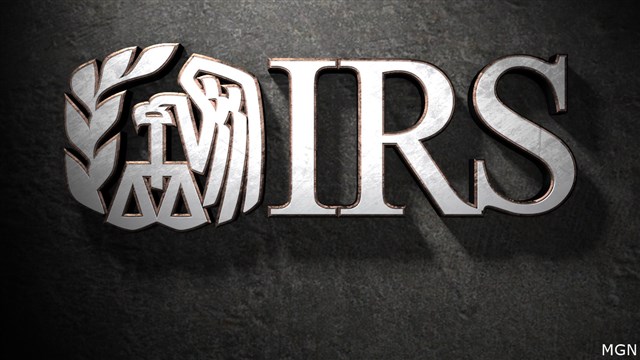Supporters of effort to repeal ranked voting in Alaska violated rules, report finds

JUNEAU, Alaska (AP) — Backers of an effort to repeal ranked voting in Alaska violated state campaign finance rules, including by channeling money through a church-affiliated organization in a way that initially concealed the source of the contributions, a new report alleges.
The report, from the staff for the Alaska Public Offices Commission, recommends penalties of $22,500 for Art Mathias, a leader of the repeal effort, and around $20,000 for the church-affiliated Ranked Choice Education Association among its findings. The report alleges that Mathias, also president of the association, contributed money to the association knowing it “would be repurposed to support” the ballot group behind the repeal effort and that he gave $90,000 using the association as a “third party conduit.”
Those contributing at least $500 to an initiative application group must report that no later than 30 days after making the contribution. Mathias contributed $90,000 in late December, and in a June filing the association reported Mathias as the source of its contributions to the ballot group, the report states.
The report still must be considered by the commission, which is charged with enforcing campaign finance rules in the state.
Kevin Clarkson, an attorney for Mathias, the association and others that were the focus of a complaint filed this summer, said by email Wednesday that many of the report’s conclusions were faulty and that he intended to file a response with the commission.
“The staff has made it impossible for a non-profit to make contributions to a ballot group without subjecting their donors to charges of donating in the name of another,” he said.
Clarkson in an earlier response to the complaint said the association was “entitled” to donate to the ballot group and that the association and Mathias “made no effort to hide” Mathias’ contributions.
The complaint was filed by Alaskans for Better Elections, the group that successfully pushed a 2020 ballot measure that replaced party primaries with open primaries and instituted ranked-choice general elections. The first elections conducted in Alaska under the new system were held last year.
One of the attorneys behind the complaint, Scott Kendall, was an author of the 2020 ranked choice initiative.
The complaint alleged that the Ranked Choice Education Association appeared to have been created as a “passthrough entity, allowing donors to unlawfully conceal their identities behind the RCEA’s name while also potentially providing those donors with an unwarranted tax deduction.”
The public offices commission staff report said it did not weigh allegations around potential tax deductions because that is an issue beyond the agency’s jurisdiction.
Clarkson said allegations around “’unlawful’ tax deductions are both uninformed and unknowledgeable. In any event, the only government agency with jurisdiction to adjudicate tax-exempt status and the lawfulness of federal income tax deductions that may or may not be claimed, is the IRS.”
The report from commission staff also recommended lesser penalties for reporting and other alleged violations by Alaskans for Honest Elections, the ballot group behind the repeal effort, and another group called Alaskans for Honest Government. The ballot group has been gathering signatures in a bid to get the proposed repeal initiative on the ballot.
You Might Also Like






